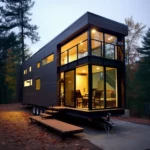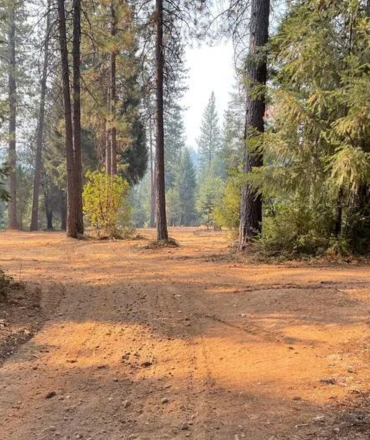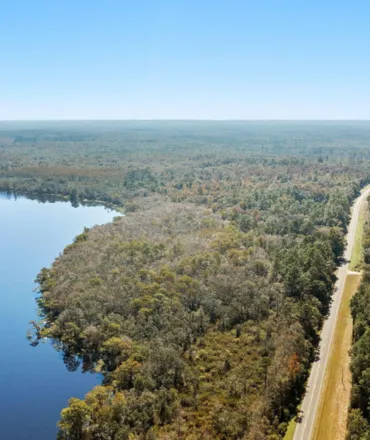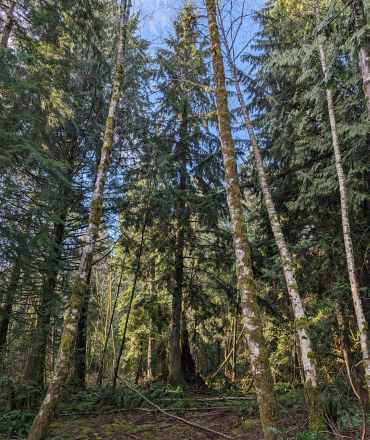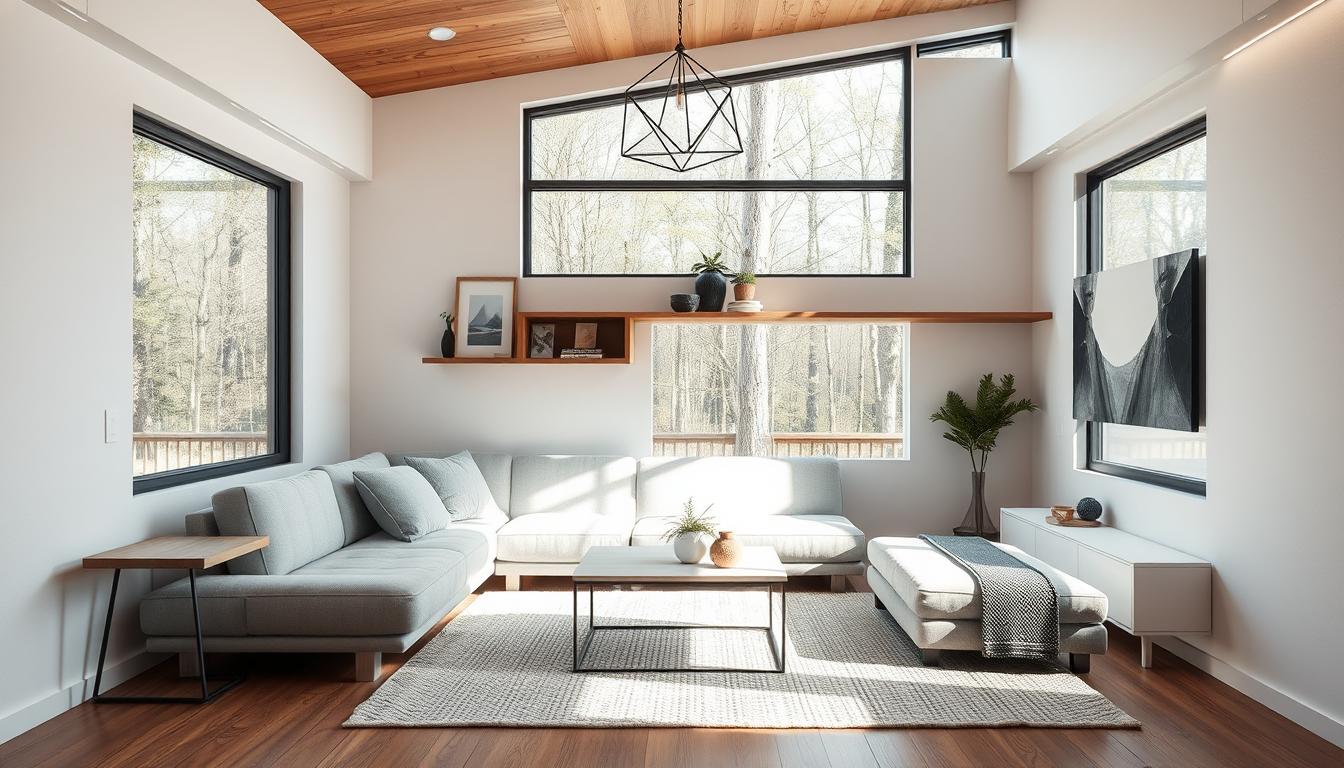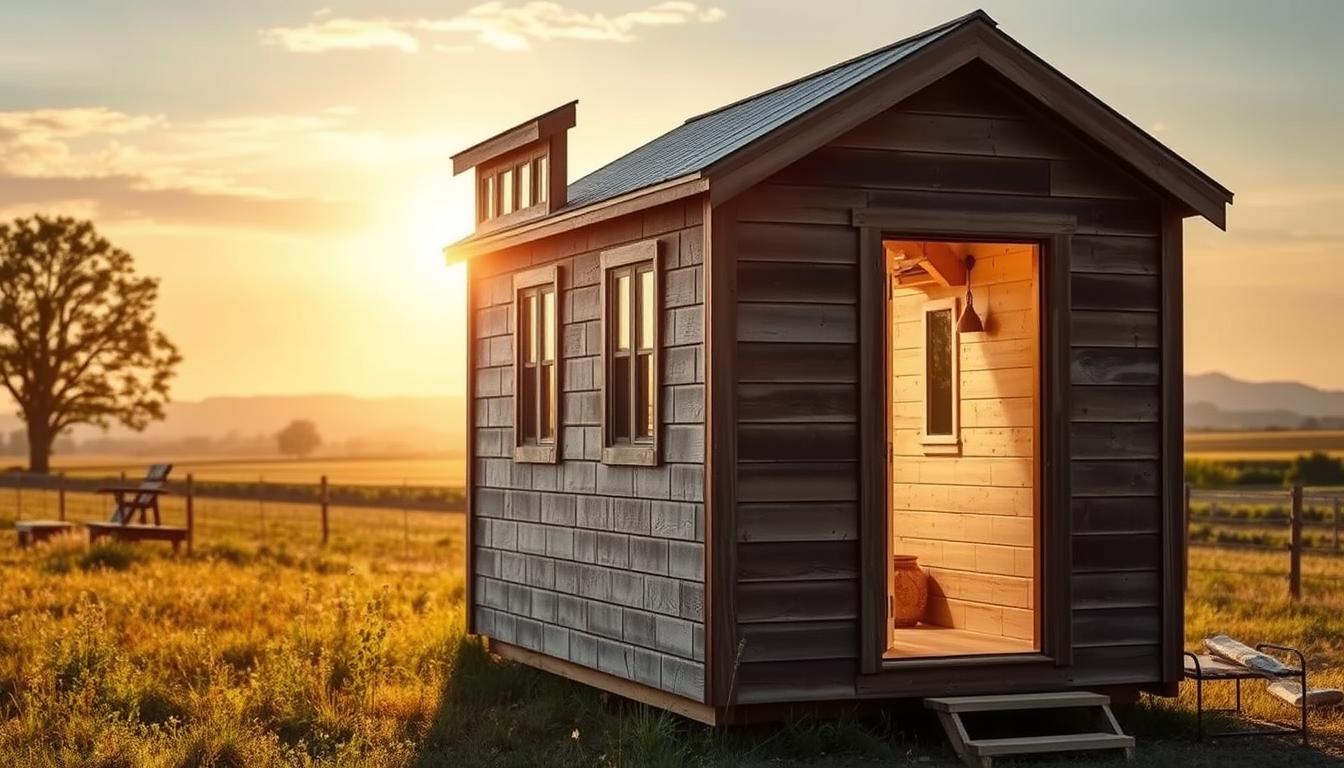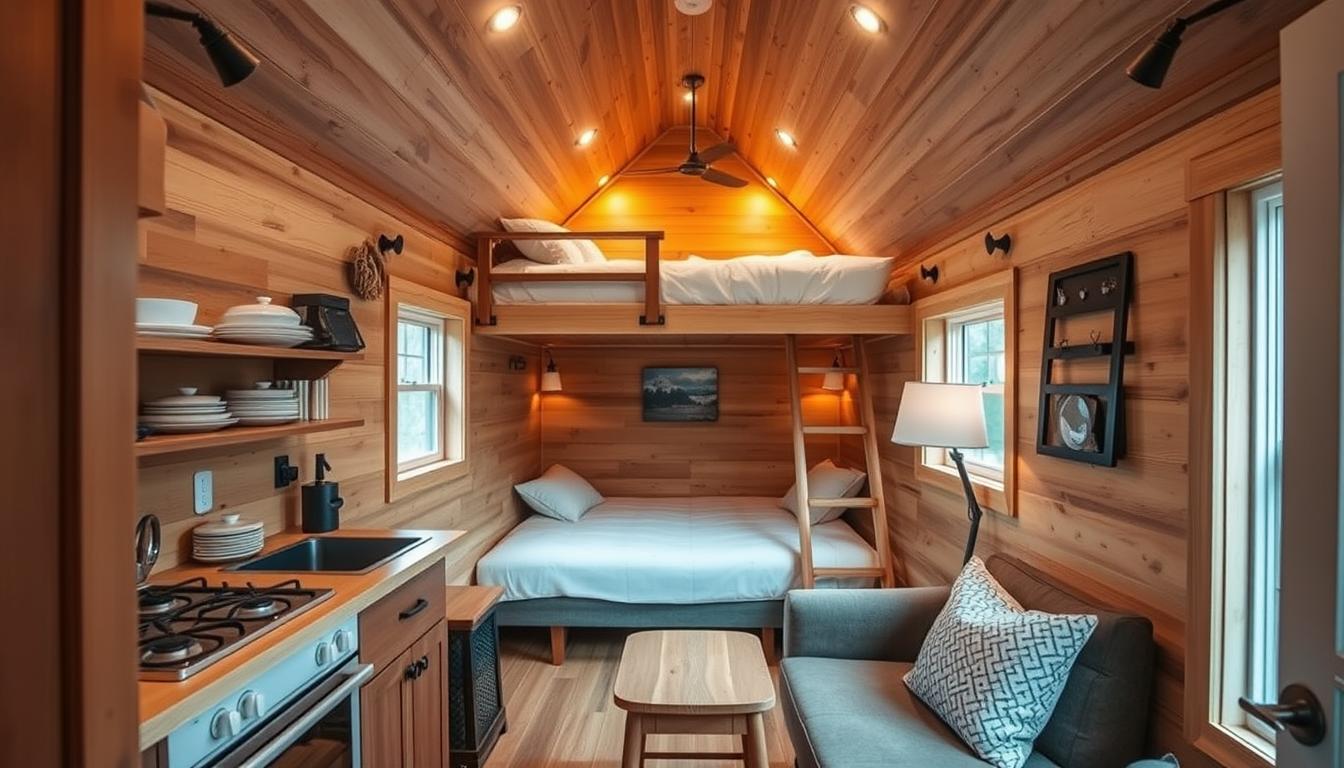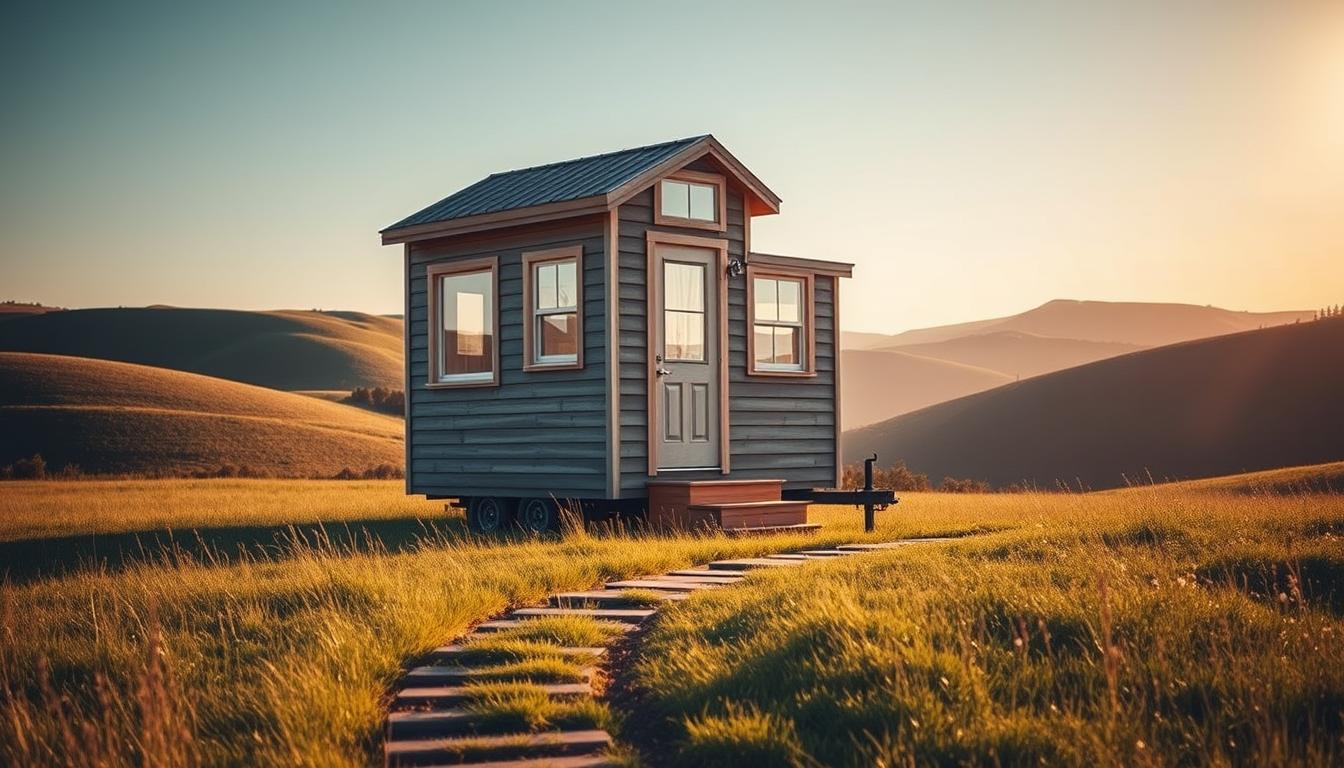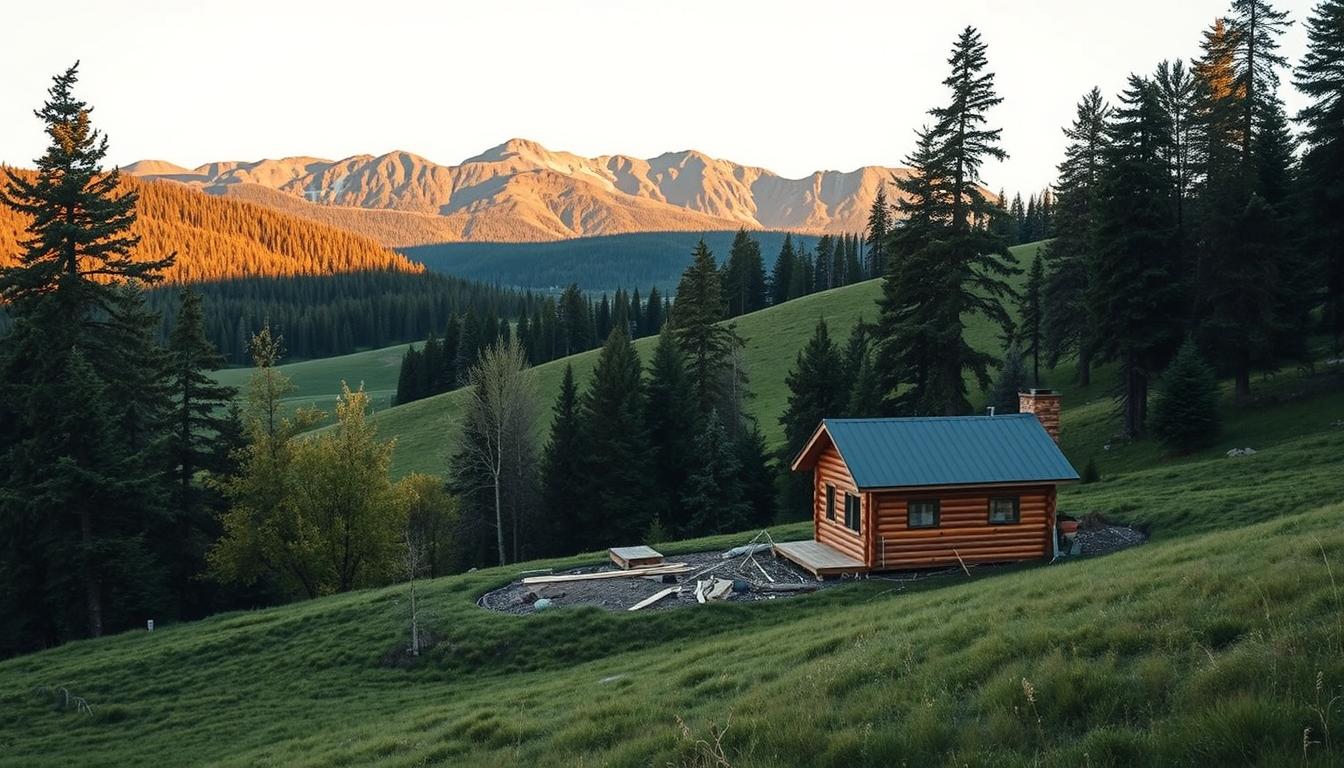Tiny house rent-to-own is a sustainable living solution that offers an affordable way to own a home. If you’re looking to downsize and live a minimalist lifestyle, renting a tiny house with the option to purchase can be an accessible option. In this article, we’ll explore what tiny house rent-to-own is, how it works, and the benefits of this eco-friendly housing option. So, if you’re interested in owning a tiny house, keep reading to learn more about tiny house rent-to-own and how it can help you achieve your sustainable living goals.
How to Rent a Tiny House with the Option to Purchase
Rent-to-own is a process that allows you to rent a tiny house for a certain period, with the option to purchase the home at the end of the term. Typically, a portion of your rental payments will go towards the purchase price of the house.
The main advantage of rent-to-own is that it enables you to try out tiny house living before committing to buying a house outright. This option also allows you time to save up for a down payment, improve your credit score, or make other financial preparations before taking on the responsibility of homeownership.
However, it’s important to consider the potential drawbacks. Rent-to-own agreements usually involve higher monthly payments than traditional rentals. If you decide not to purchase the house once your rental period ends, you may lose the money you paid towards the purchase price.
To start the process of renting to own a tiny house, follow these steps:
- Research available rent-to-own tiny house options in your area. You can find listings on websites like Tiny House Listings and Tiny House Marketplace.
- Contact the owner or property manager of the tiny house you’re interested in.
- Review the rental agreement carefully. Make sure you understand the terms, including the length of the rental period, the monthly payments, and the purchase price.
- Negotiate the terms of the agreement if necessary.
- Sign the rental agreement and make your first monthly payment.
Keep in mind that rent-to-own agreements are legally binding contracts. Before signing the agreement, make sure you fully understand the terms and conditions. If you’re not comfortable with the contract, consider consulting a lawyer to help you negotiate better terms.
Overall, renting to own a tiny house can be a great way to experience tiny house living before committing to homeownership. Take the time to research your options and understand the terms of your rental agreement to make the most of this unique opportunity.
Finding Rent-to-Own Tiny Houses
There are various resources available for finding rent-to-own tiny houses in your desired location. One option is to check tiny house rental companies, such as Tumbleweed Tiny House Company or Tiny House Listings. These companies offer rent-to-own options for their tiny houses, which allows you to choose from a variety of styles and sizes that meet your preference and budget.
Another option is to search for individual homeowners who are willing to rent their tiny houses with the option to purchase. Websites like Craigslist or Tiny House Marketplace may have listings for rent-to-own tiny houses in your area. You can also check local real estate websites or contact a real estate agent to help you find rent-to-own tiny houses.
It’s important to understand that rent-to-own differs from traditional home ownership. With rent-to-own, you will be responsible for maintenance and repairs on the house while you are renting. You may not have as much control over the property as you would with traditional ownership. Therefore, it’s crucial to carefully review the rent-to-own agreement and understand your responsibilities and rights before finalizing the deal.
Understanding Rent-to-Own Tiny House Agreements
Renting to own a tiny house can be a great solution for those who want to own a home but are not yet financially ready to make a full purchase. However, before signing a rent-to-own agreement, it’s crucial to understand the legal and financial aspects of the agreement. A rent-to-own agreement is a legally binding contract, so it’s essential to read the agreement carefully and make sure you understand all the terms.
The Rental Agreement Process
The rental agreement process for a tiny house is similar to that of a traditional rental. You will need to provide proof of income and pass a background check to qualify for the rental. However, in addition to the rental agreement, you will also sign a purchase agreement outlining the terms of the eventual purchase of the house.
Negotiating the Rent-to-Own Agreement
When negotiating a rent-to-own agreement, there are several things to consider. You may be able to negotiate a lower purchase price or a longer rental period to give you more time to save up for a down payment. It’s also important to understand the consequences if you are unable to make your rental payments or decide not to purchase the house at the end of the rental period.
The Importance of Transparency
Transparency is key when it comes to renting or purchasing a tiny house. It’s essential for both the renter and seller to be upfront and honest about the terms of the agreement, including the purchase price, rental period, and any additional fees or expenses. A lack of transparency can lead to misunderstandings, disagreements, and even legal issues down the line.
To ensure transparency, make sure you carefully review the rent-to-own agreement and ask any questions you may have before signing. If something seems unclear or unfair, don’t be afraid to negotiate or seek legal advice.
Financing Options for Rent-to-Own Tiny Houses
If you’re considering the rent-to-own route, you’ll need to consider financing options for the eventual purchase of the tiny house. There are several financing options available, including traditional mortgages, personal loans, and owner financing. Each option has its own set of pros and cons to consider.
Financing Options: Pros and Cons
When it comes to financing a tiny house purchase, you have several options to choose from. Here are the pros and cons of each:
Personal Loans:
Personal loans are a common financing option for those who need to purchase a tiny house. Here are the pros and cons of personal loans:
Pros:
- Can be used for any type of tiny house, including DIY builds
- May have lower interest rates than credit cards
- Can be secured or unsecured
Cons:
- Requires a good credit score and income
- May have higher interest rates than traditional mortgages
- May not cover the full purchase price of the tiny house
Owner Financing:
Owner financing is another financing option to consider. Here are the pros and cons of owner financing:
Pros:
- Can be a good option for those who can’t qualify for traditional mortgages
- May have more flexible terms than traditional loans
- Can allow for a quicker purchase process
Cons:
- May have higher interest rates than traditional loans
- Often requires a large down payment
- May not be available for all tiny house purchases
Traditional Mortgages:
Traditional mortgages are another financing option to consider. Here are the pros and cons of traditional mortgages:
Pros:
- May have lower interest rates than personal loans or owner financing
- May have longer repayment terms
- May offer tax benefits
Cons:
- Usually requires a larger down payment
- May have stricter requirements for the property, such as minimum square footage
- May not be available for all tiny house purchases
By considering these pros and cons, you can choose the financing option that works best for your unique situation. It’s important to do your research and understand all the terms and requirements before committing to a financing option.
Benefits of Tiny House Living
Living in a tiny house can provide a unique and sustainable lifestyle with numerous benefits. One of the most significant benefits is the reduced environmental impact, a crucial aspect of sustainable living. Tiny houses have a smaller carbon footprint and use fewer resources than traditional homes, making them an environmentally friendly option.
Apart from the environmental benefits, tiny houses are also financially advantageous. With lower monthly expenses, you can save money and pay off debt more quickly. Tiny houses can also offer more flexibility in terms of where you want to live, as you can park your house on a friend’s property, rent a space in an RV park, or even travel the country with your tiny house. This flexibility can open up many new living possibilities that traditional homeownership cannot offer.
In addition, living in a tiny house can encourage a minimalist lifestyle that promotes simplicity, focus, and mindfulness. By downsizing your living space, you can reduce clutter, cut down on material possessions, and focus on what really matters to you. This shift in mindset can help you prioritize your values and goals, leading to a more fulfilling life.
Moreover, living in a tiny house can provide a sense of community and belonging. Many tiny house communities have emerged in recent years, where like-minded people can live together and share resources, ideas, and experiences. These communities provide opportunities to build strong relationships, gain support, and create a sense of belonging that can be hard to find in traditional neighborhoods.
Finally, living in a tiny house can allow you to embrace sustainable architecture and design principles. Tiny houses often incorporate eco-friendly materials, energy-efficient appliances, and innovative design features that promote a greener lifestyle. By living in a tiny house, you can support sustainable architecture and design practices and contribute to a more sustainable future.
In summary, the benefits of living in a tiny house are numerous and varied. From financial advantages to sustainable living and community building, tiny houses can offer a unique and fulfilling lifestyle that traditional homes cannot match.
Real-Life Stories: Rent-To-Own Tiny House Success Stories
If you’re considering the rent-to-own option for a tiny house, it can be helpful to hear stories from others who have gone through the process. Below are a few real-life stories from people who have successfully rented-to-own a tiny house.
Sarah’s Journey
Sarah had always dreamed of owning her own home, but the high cost of traditional homes made it seem impossible. She stumbled upon a rent-to-own tiny house option and decided to give it a try. After renting the tiny house for a year, Sarah was able to save up enough money for a down payment and purchase the house. She has been living happily in her tiny house for over two years now, enjoying the financial freedom and flexibility it provides.
John and Lisa’s Adventure
John and Lisa were looking for a way to travel the country while still having a place to call home. They found a rent-to-own tiny house option and decided to take the leap. They rented the tiny house for six months, using it as a home base while they traveled from state to state. After the rental period was up, they decided to purchase the house and continue their adventure on the road. They love the minimalist lifestyle and the ability to explore new places without sacrificing the comforts of home.
These stories show that the rent-to-own option for a tiny house can be a great way to achieve financial freedom, flexibility, and adventure. By renting first and then purchasing the house, individuals can save up for a down payment while enjoying the benefits of tiny house living.
Frequently Asked Questions
Below are some frequently asked questions about Tiny House Rent to Own:
Is it cheaper to rent or own a tiny house?
The cost of owning a tiny house is generally less expensive than owning a traditional home. However, whether renting to own is cheaper than traditional rentals depends on several factors such as the cost of the tiny house, the length of the rental period, and the eventual purchase price. In some cases, renting to own may be more expensive than traditional rentals, but it can also be a good way to build equity and eventually own a home.
What happens if I can’t make my rent-to-own payments?
If you are unable to make your rental payments, you may lose the money you have paid towards the purchase price of the house. It’s important to understand the consequences of missed payments before signing a rent-to-own agreement. Make sure to read and understand the terms of the agreement carefully before committing to it.
How do I find land to park my tiny house on?
There are several options for finding land to park your tiny house on. One option is to rent a space in an RV park that allows tiny homes. Another option is to purchase land and park your tiny home on it. You can also negotiate with a friend or family member to park your house on their property. It is important to check local zoning laws to ensure that you are allowed to park your tiny home in your preferred location.
Conclusion
In conclusion, choosing a tiny house rent-to-own option offers an affordable and eco-friendly housing solution, while also giving you the flexibility to try out living in a tiny house before making a long-term commitment. Through this article, you’ve learned about the process of renting a tiny house with the option to purchase, where to find rent-to-own tiny houses, understanding the rental agreements, financing options, and the benefits of tiny house living. Armed with this knowledge, you can make an informed decision about whether this is the right option for you.
It’s important to remember that this lifestyle isn’t for everyone. However, if you’re ready to embrace a minimalist lifestyle and take control of your finances, tiny house living may be the perfect choice for you. Don’t hesitate to explore more resources and learn from those who have successfully made the transition to tiny house living.
Thank you for reading! Check out our other sustainable living content for more tips and inspiration on living a more eco-friendly and sustainable lifestyle.
As a dedicated advocate for sustainable living, the author of this article has spent years researching and living in alternative housing solutions. With a background in environmental science, they have become an expert in the impact of housing on the environment and the benefits of sustainable living. Additionally, they have worked with several tiny house rental companies and have personally experienced the benefits of rent-to-own. Through their research, they have also consulted with leading experts in the sustainable living field and have cited several studies to support the information provided in this article.
